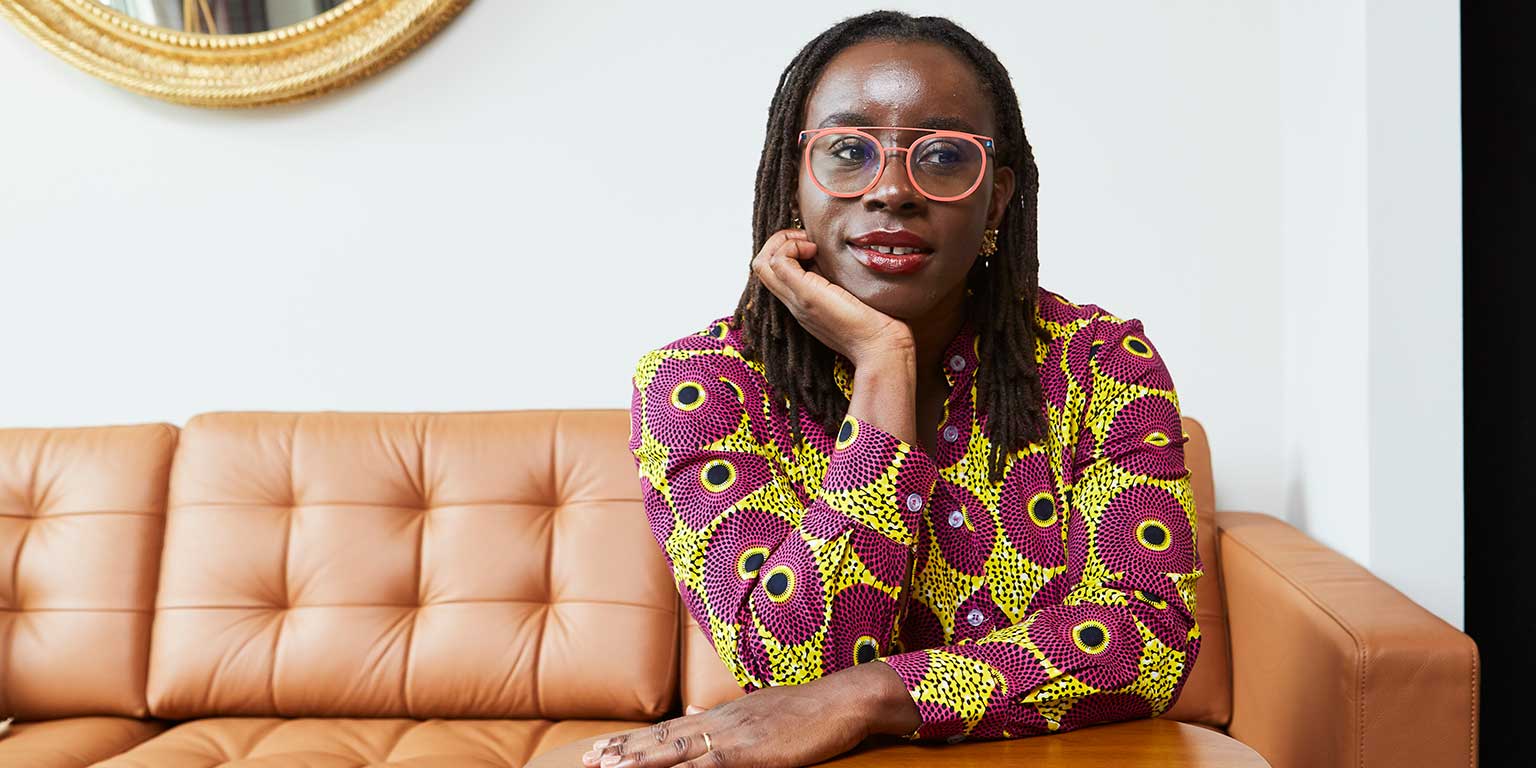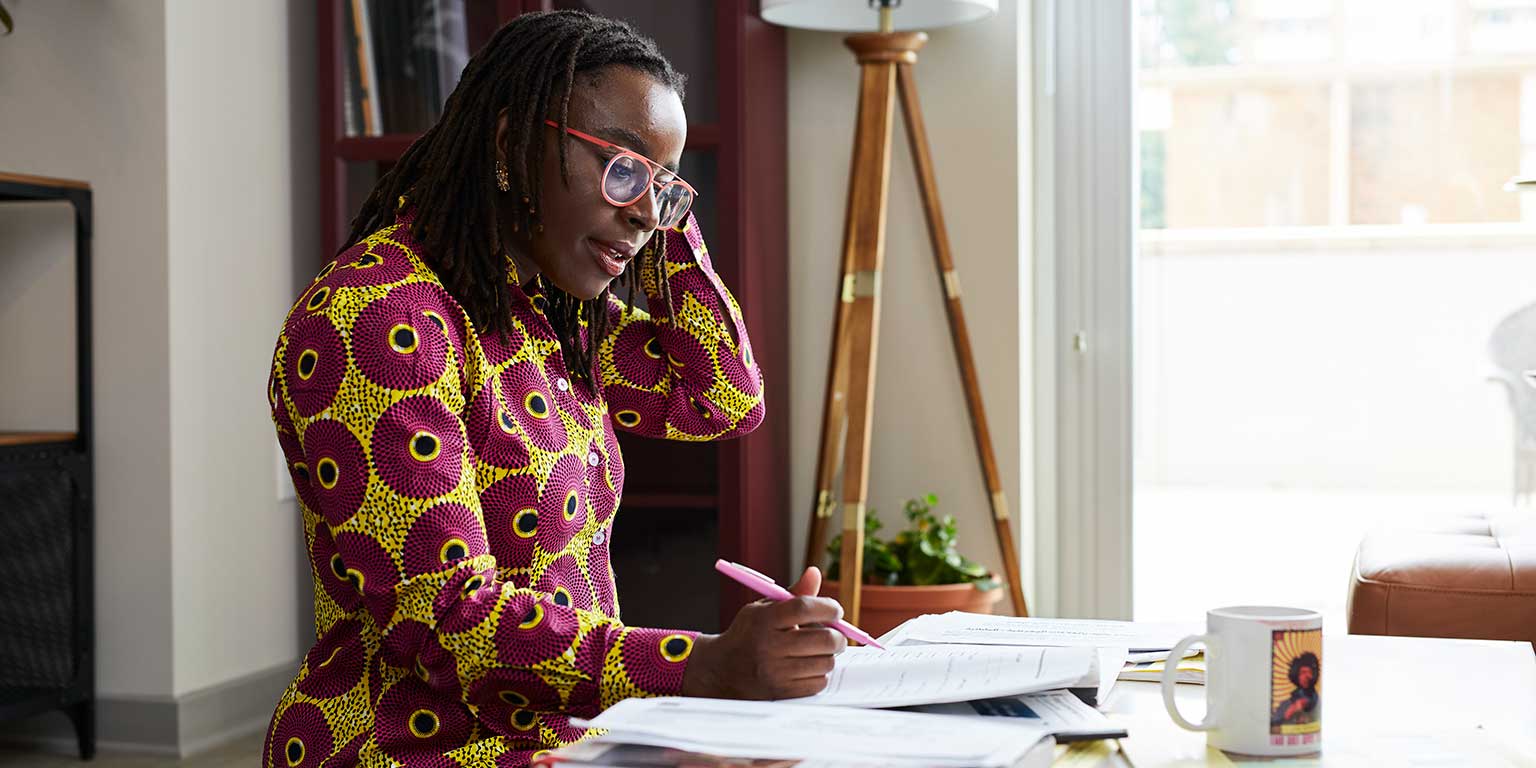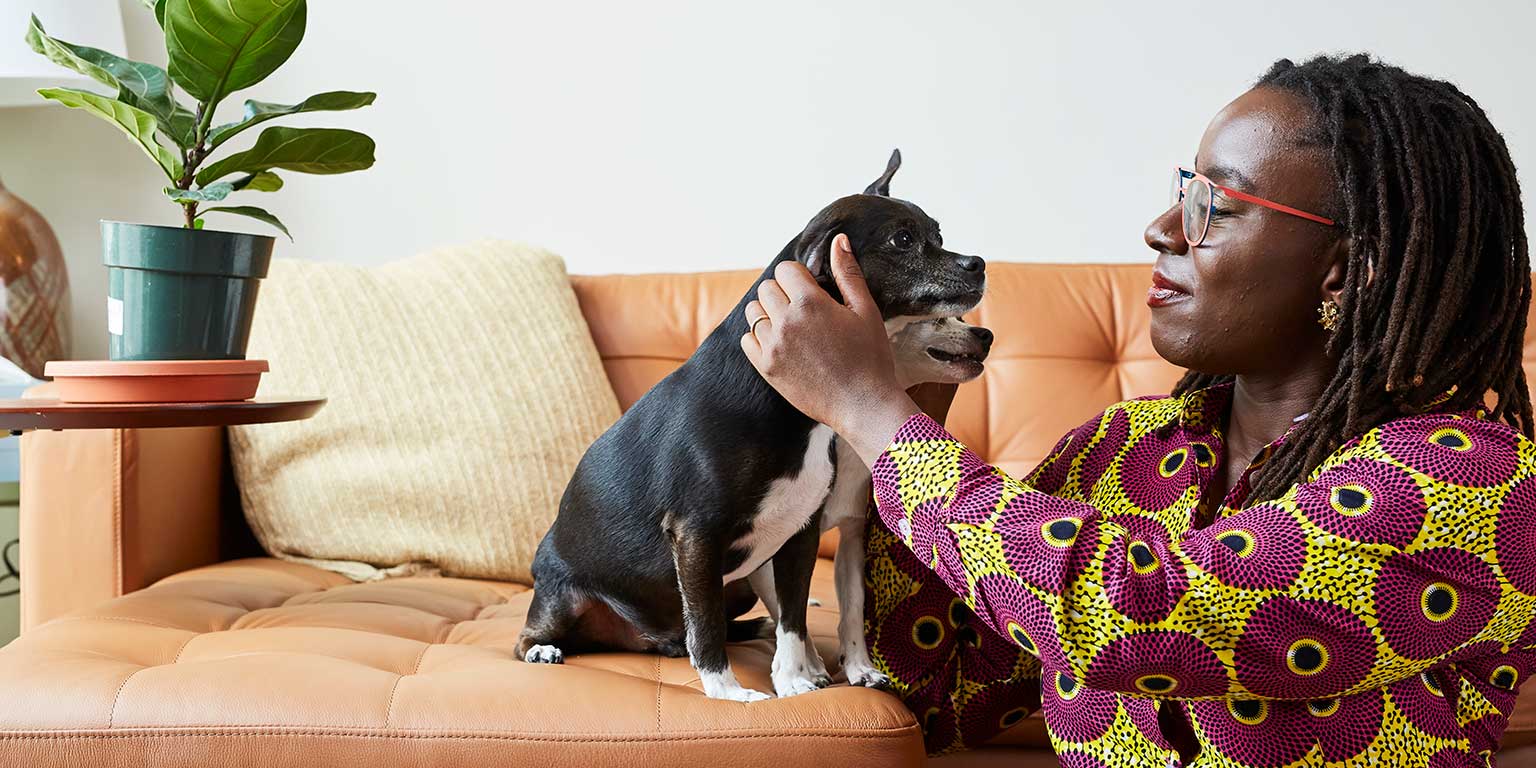By Ellen Scheuermann | Summer 2019
Photography by Noah Willman
It’s said that character defies description, but the U.S. Department of State evaluates hopeful Foreign Service officers against thirteen dimensions — or qualifications — of an ideal candidate. First is composure, which diplomat Katherine Ntiamoah (B.A. ’08, International Studies, Political Science) has in spades. Graced with an unstudied confidence, she commands attention; if inclined, she could probably silence a room with a single look. But that same poise also serves to put others at ease.
When I ask Katherine which of her personal traits she esteems most highly, without hesitation she names the second of the thirteen dimensions: adaptability.
“To be able to go from Kinshasa, Congo, to Singapore to Pakistan to Belgium to Mexico — it’s a wild ride,” she says. “Every country, it’s a new commitment to being flexible and adaptable and learning about new places. I think that’s really what I’m most proud of.”
One look at her smart red-framed glasses and Lucite sculptural heels and it’s clear that Katherine’s definition of “adaptability” doesn’t mean “blending in.” Impressive, bold, yet approachable — you get the sense she knows exactly who she is.





